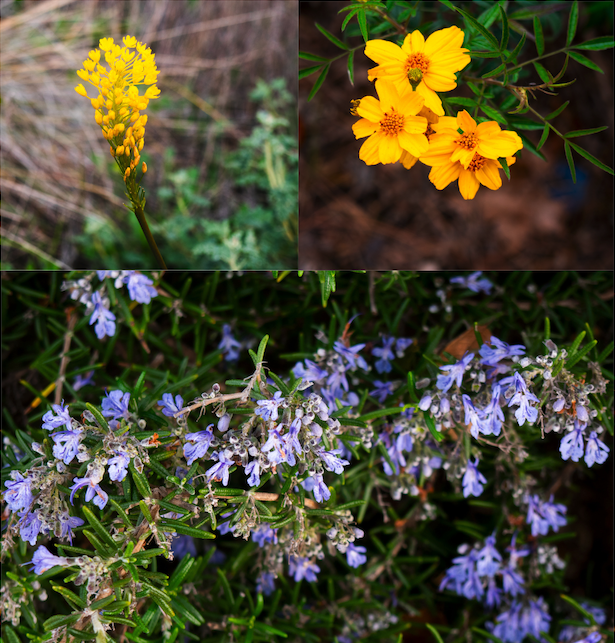Floriography, the study of flowers as symbols, is a unique and seasonally relevant way to express your thoughts about your loved ones
By NATALIE SALTER — arts@theaggie.org
With spring arriving soon, the change of season beckons new opportunities to celebrate your loved ones and the planet we share. Gardening, going for picnics or reading in the shade of a blossoming tree — after the restricting weather of winter, the pleasant days and fresh natural life that come with spring are perfect for engaging in countless seasonal activities. Likewise, the beautiful sights and smells of the Earth blooming again are a breath of fresh air after months of bitter storms.
One of the loveliest parts of spring is the rejuvenation of nature, and this goes hand-in-hand with the arrival of hundreds of flowers in every variety. On their own, flowers are beautiful but can be an even more gorgeous centerpiece on one’s table or perched on a windowsill. Gifting flowers to a loved one, whether in a romantic or platonic context, is a thoughtful way to express your happiness to be a part of their life.
Floriography is the study of flowers in their individual meanings and can be utilized to send certain messages through carefully curated bouquets. As a distinctly beautiful form of cryptological communication, floriography is a useful skill to learn if you are interested in expressing your feelings about a person in a unique and unconventional way. Furthermore, floriography has been employed by artists and authors alike to symbolically convey certain emotions and add nuance to their works.
The gifting of flowers has often been employed in a romantic context, and if you’re looking to express your love, the most straightforward and commonly understood means of doing so is to give your lover a bouquet of roses. Pure red roses historically have been known to symbolize deep romantic love and devotion. If unwavering affection is a bit too strong a statement for your relationship, pink roses carry a lighter connotation: flirtation rather than romance, indicating a more playful and youthful love one may carry for their significant other. Primrose is another good choice to send a romantic message, as it represents devoted love.
Spring is a time of new beginnings in our daily lives just as in nature. Daisies are a popular flower that represent playfulness and youthful exuberance. If you happen to know a new mother, however, daisies hold a special significance, as they are also known to represent the joy of new motherhood and life. Symbolically, baby’s breath and lilac are also indicative of youthfulness and purity and when put together may convey to the recipient that you enjoy the lightness they bring to your life, and you wish them the best in their new adventures.
Though some of your loved ones may be experiencing new joys, others may be facing trouble, and you can use floriography to express your condolences. Sage represents protection and wishes for good health, which might be a thoughtful choice for an individual who is dealing with health problems. Poppies represent strength and respect and are also associated with sleep and dreams. If you know someone who has been working very hard, give them some poppies to express your respect, but also to remind them to get rest and look after themselves. For those dealing with loss or missed opportunities, sunflowers and lavender are associated with hope and optimistic thought and can assure the recipient that there is hope to be found even when all else seems dire.
This just scratches the surface of floriography, which can be used in more than just gift-giving. In art and literature, the intentional usage of a certain flower in a scene may further indicate the theme that the creator wishes to convey. If you learn flowers and their meanings more seriously, you might notice some of your favorite art pieces have a deeper symbolism than meets the eye. If you like creating art of your own, clever usage of floriography can enhance your work and take it to the next level of creative depth.
Floriography is a fascinating and unique study and will deepen your understanding of and appreciation for the world of flowers more than ever before — so if you are looking for a new subject to learn this spring, look no further than the season’s prettiest natural occurrence.
Written by: Natalie Salter — arts@theaggie.org







